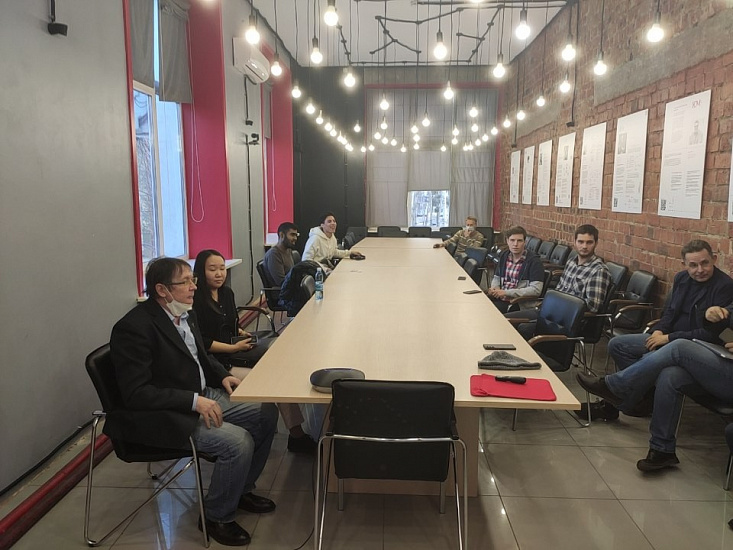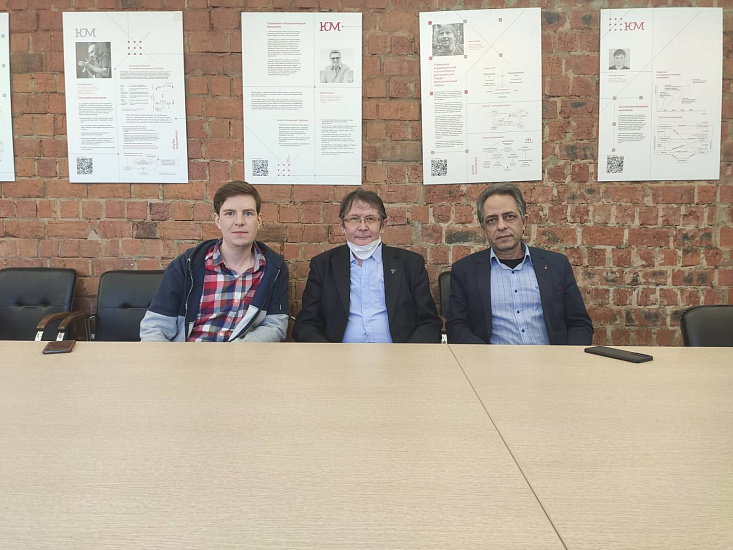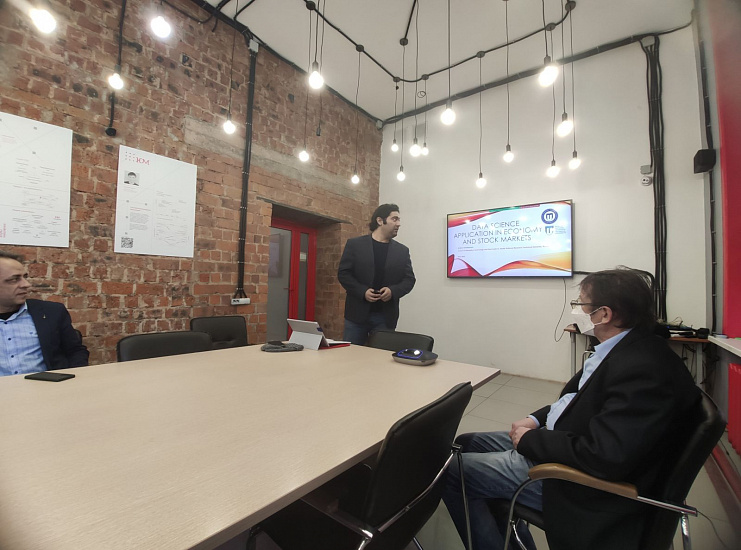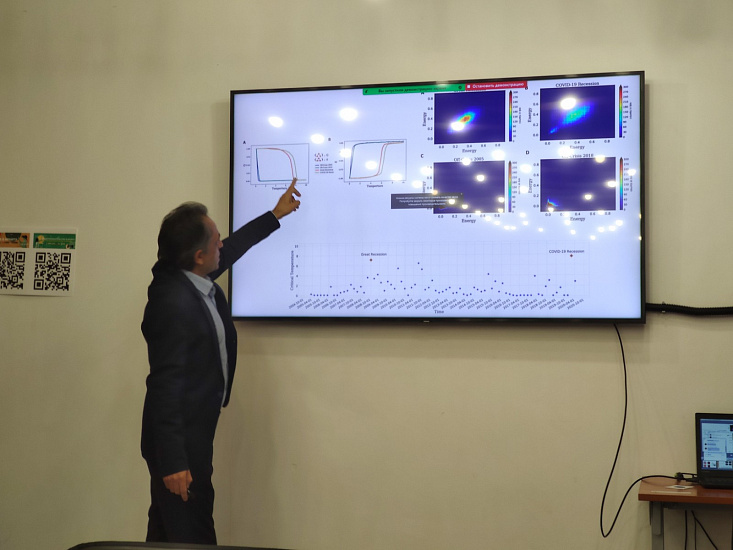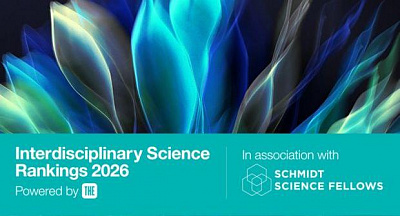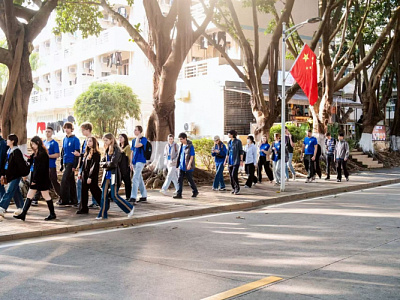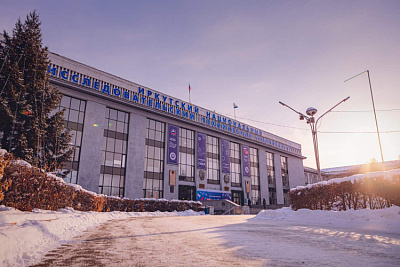Scientific workshop on the use of Data Science methods in economics was held at INRTU
A scientific workshop (in English) was held at INRTU on May 11 with the participation of highly qualified specialists fr om the School of Information Technology and Data Science Mohsen Abdollahzadeh Agbolah and Jafari Ghulamrez, invited from Iran.
The seminar was devoted to the phenomenon of collective behavior during crises in financial markets and the adaptation of the Vicek model for studying or predicting such situations on the basis of available data.
Stanislav Grigoriev, organizer of the event and head of the Center for Competence in Data-Based Analysis and Management, emphasized that Data Science is not just an applied science, but an interdisciplinary field, in which greater importance is given to the data available for research and to understanding their value:

"For a datascientist, his competencies and experience in a subject area, such as engineering, medicine, or economics, are primarily important. And this has its own advantages in the work.
Moreover, the methods, algorithms or models studied in one field unexpectedly find application in another. For example, Tamas Vicek's model describing the collective behavior of animals, originally used to study biological systems and physical processes, found its application to describe situations in financial markets as soon as data became available for research".
Mohsen Abdollahzadeh Agbolah, senior professor at the Center for Competence in Data-Based Analysis and Management, spoke at the seminar about the application of data science to economics and the stock market:
"I briefly reported on the pricing systems in the market and how companies and individuals are connected. A Python-based application was presented for predicting stock market trends and getting an SMA or simple moving average for different stocks (short, medium and long term trading plans)."
A report by Jafari Ghulamrez, Associate Professor at the Center for Interdisciplinary Research and Projects, focused on a system with a large number of interacting agents whose aggregate behavior is nonlinear.
"However, the most valuable data-driven approaches to studying them attempt to derive a complex network of system agent interactions, considering the causes and consequences of the collective behavior of systems. It is regularly the case that we do not have access to complete information about the network dynamics of complex systems such as the World Wide Web, gene regulatory networks, and social networks. In addition, some of the information may not be correct.
In giant networks of this type, a new and very interesting type of uncertainty arises, wh ere there is absolutely no guarantee whether a node or link is even visible to some parties. In fact, we are developing algorithms that can point to the skeleton of the network and the hidden links between spatially disparate nodes of a large Network," said Jafari Ghulamreza.
According to the seminar organizer Stanislav Grigoriev, the experience of such events demonstrates not only the exchange of knowledge and experience between INRTU staff, but also contributes to the formation of new research groups, the emergence of promising ideas for research projects, and improves the level of English for scientific communication.
